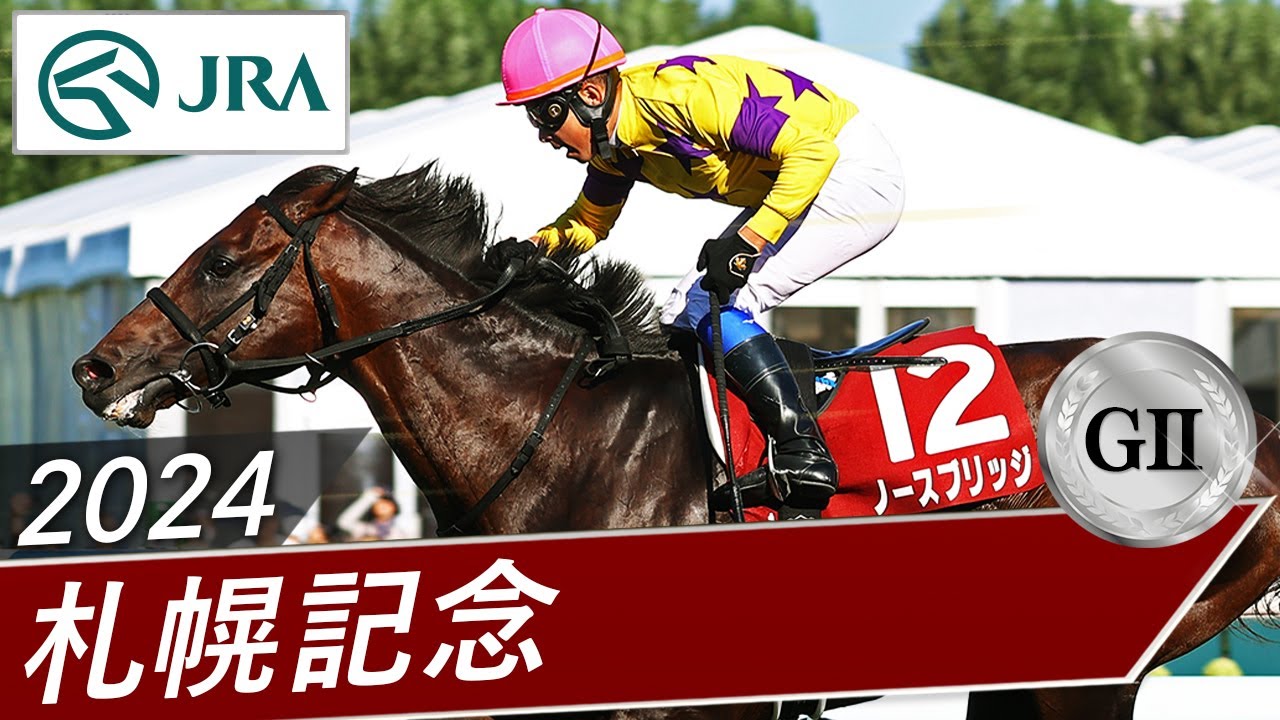Full Track Available For Download From:
http://www.indiabazaar.co.uk/product-voice_of_india_rashid_khan-361.htm
To Watch full length album please click on this link
Track:
Alap 00:00
Khayal 07:37
Artist:
Rashid Khan – Vocal
Yogesh Samsi – Tabla
Mehmood Dhaulpuli – Harmonium
Recorded Live at Saptak Festival (Gujarat) India.
Executive Producer – Alpesh Patel
Produced By – Derek Roberts
Location Engineer – Derek Roberts
Assistant Engineer – Krishna Shirgaonkar
Digitally Mastered by: Derek Roberts of Dr Creative Productions | www.drcreativeproductions.co.uk
Photography – Deko
VFX Producer: Vijay Dave | Varun Creations
“There is now at least one person in sight who is an assurance for the future of Indian vocal music”, this was the accolade bestowed on Rashid Khan from Pandit Bhimsen Joshi, the elder statesman of Khayal singing, when answering the concerns of connoisseurs of Hindustani music about whether its tradition of excellence would continue. Still in his thirties, a comparatively young age by Indian music standards, Rashid Khan has emerged as one of the most revered artists in the modern era of North Indian Classical music. He is one of the few contemporary vocalists whose performances capture the rare quality of ‘tasir’, the indescribable ability to create a genuine impact on listeners.
Despite being born into a family of celebrated musicians, it is said that the young Rashid showed little interest in music initially. Tutelage under his illustrious grand-uncle and guru, the late Ustad Nissar Hussain Khan, changed the course of his life and inspired him to develop a profound love of music which emanates through his singing today.
Rashid Khan’s genius is highlighted through his rendition of both Khayal and Tarana. Two distinctive vocal styles which are found in this performance, recorded live on the 2nd January 2003, at the prestigious Saptak Festival in Ahmedabahd, India.
Rashid Khan belongs to a particular style of Khayal singing known as the Rampur-Sahaswan Gharana. There are several vocal gharanas (ghar = house) generally named after the area where the music flourished. Rampur and Sahaswan are small towns both east of Delhi in the state of Uttar Pradesh, where most of the musicians of this gharana including Rashid Khan were born. Each gharana has its’ own unique characteristics, although Rampur-Sahaswan is itself an off shoot of the Gwalior gharana and shares many of its attributes.
Like many of the great vocalists before him, Rashid Khan has always been prepared to incorporate the best from other gharanas into his renditions, striving to add a personal touch to his renditions of various ragas with just the right kind of improvisation.
Raga Malkauns is a majestic pentatonic raga, using only five motes and is traditionally associated with the late night. According to ancient texts it is one of the six original Indian ragas, and belongs to the Bhairavi thaat.
The performance begins with a short alap, which outlines the key melodic phrases associated with Malkauns. Here, the intention of the singer is to capture the peaceful, sublime mood of the raga, before commencing with the first composition. The main khayal (or bara khayal) is ‘Tu Hain Malik Mera’. The character of the text is deeply devotional, ‘You are my God, my guru, my everything, the sole purpose of my existence’. The composition is set to a slow rhythmic cycle of twelve beats called Ektaal. The tempo is so slow that it is sometimes easier for listeners to think of the rhythm consisting of forty-eight beats, dividing each beat into four.
Rashid Khan goes on to sing three other compositions in the same raga, expressing a soulfulness which is enhanced by the depth of his rich and sonorous voice. ‘Aaj More Ghar Aaye Balma’ (track 3) expresses the delight of a wife whose lover has returned home. This composition was made famous by legendary vocalist Ustad Amir Khan and was written by the prolific court musician Adarang in the eighteenth century.
For this performance Rashid Khan was accompanied by two musicians. Tabla player, Yogesh Samsi, is the son of the renowned vocalist Dinkar Kaikini. Yogesh is a highly respected artist of the younger generation and one of the foremost disciples of the late tabla virtuoso Alla Rakha Khan. He has built a fine reputation on his ability to accompany instrumental soloists as well as vocalists, a rare quality in modern tabla players. Mehmood Dhaulpuli provides melodic accompaniment on the harmonium.
John Ball
source





